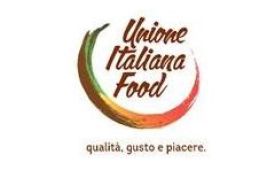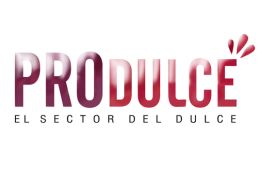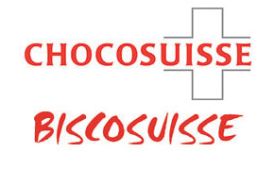CAOBISCO Key Messages on Discriminatory Food Taxes
CAOBISCO members are convinced that positive actions such as education about product composition, balanced diets and healthy lifestyles are more efficient than discriminatory and punitive measures
CAOBISCO members share concerns about obesity and related non-communicable diseases, and consider that multiple stakeholder actions – including the provision of information to enable consumers to enjoy a balanced diet and healthy lifestyle – are necessary.
CAOBISCO members are strongly opposed to measures such as the so-called “sugar tax” or “fat tax” which are discriminatory in nature. They wrongly narrowly focus the burden of the obesity problem and related non-communicable diseases on a single nutrient or product category.
The discriminatory national fiscal measures applied so far have not proven to be efficient. On the contrary, they bring negative and distortive side effects impacting local economies (including administrative burdens), the competitiveness of SMEs, consumers’ purchasing power and more generally the EU Single Market.
We believe that food taxes:
- create price inflation that leads to trade distortion and harms the competitiveness of the sector, especially SMEs;
- hit low-income populations the hardest as lower socio-economic groups are known to spend a larger share of their income on food;
- have not demonstrated their effectiveness in bringing about positive behavioural change among consumers in their dietary choices.
National Governments justify the use of food taxes to address public health concerns, but taxes are sometimes used as a measure to respond to Member States’ other economic needs.
This should not burden economic operators such as CAOBISCO industries that create growth and jobs in Europe, and should not penalise consumers.



















